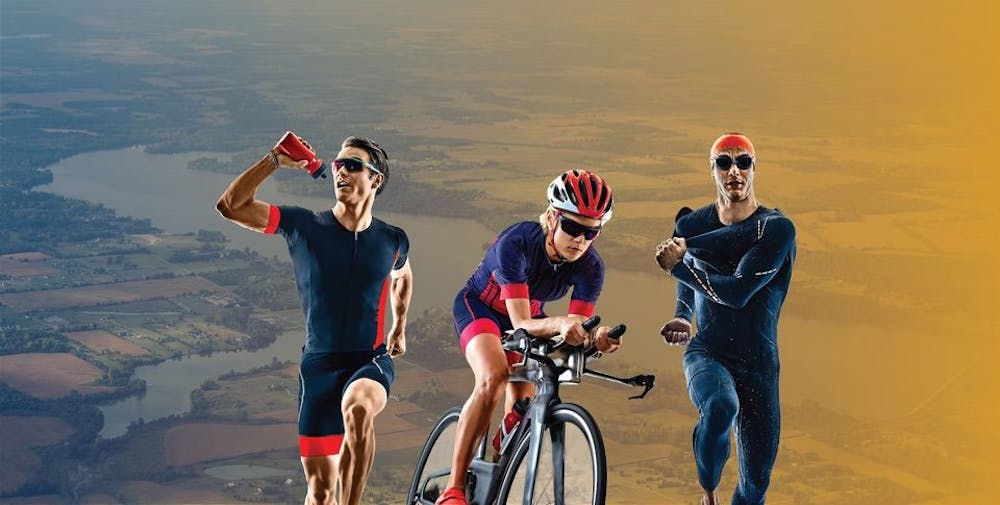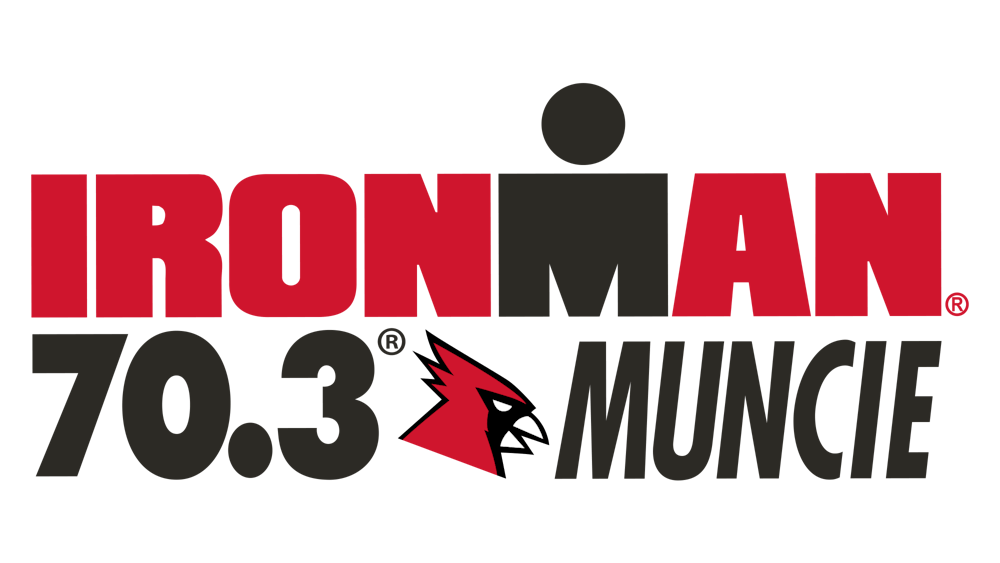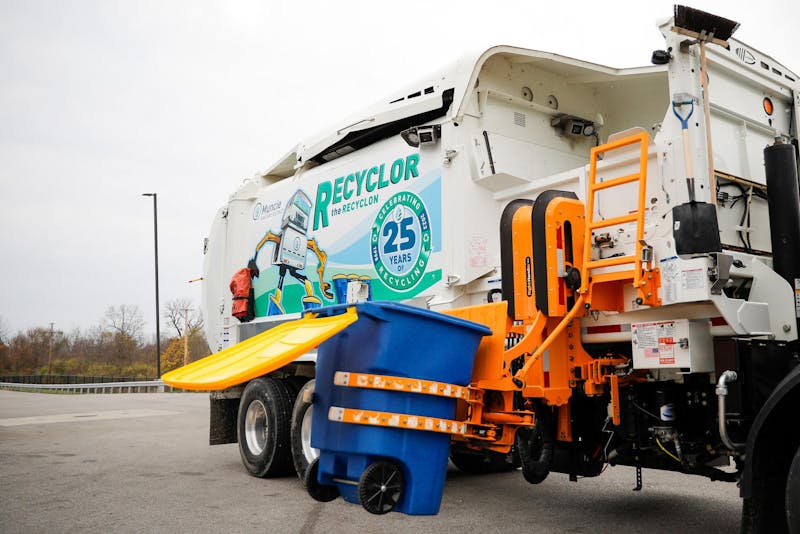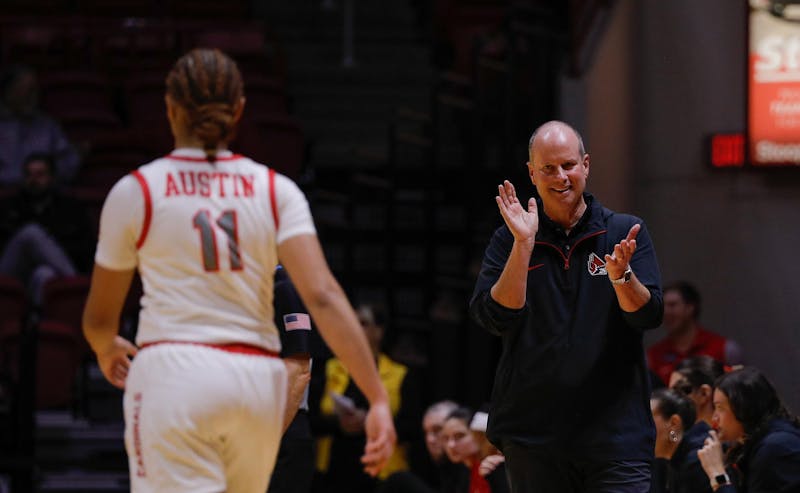Experiences
When Gary Thomas ran his second-to-last full Ironman race, he was on mile 132 of 140.6 and rounded a corner where his family was waiting to give him encouragement to finish. He had 8 miles left to run and decided to rest for a moment at the wall where his family was standing before a final push to beat a personal record.
Suddenly, he felt emotional and could barely stand — his body began to shut down. The next thing Thomas remembered was waking up in the medical assistance tent. Thomas wasn't ready to quit despite needing assistance.
The outcome was Thomas’ first-ever did-not-finish (DNF) result . He was swarmed by medical personnel and rushed to the medical tent so staff members could check his vitals and give him fluids. He was suddenly forced to abandon the race he had already spent 10 hours participating in.
“Your world gets really small during one of these races, and the marathon portion turns into a full-time job of convincing yourself to move forward,” Thomas said. “At first, it's run to the next mile without stopping and, during some races, it's a mental battle to just run to the next light pole. It's a constant negotiation with yourself. With every step, the mind is very convincing to slow down or even walk. On top of the heat, the calorie deficit the body is under, dehydration [and] muscle fatigue — it turns into a toxic mess.”
Although Thomas said his DNF was disappointing, adversity didn’t come close to stopping him from continuing to do what he loves. In fact, it had the opposite effect, he said, as he learned lessons and found motivation. Thomas used mile 132 as additional motivation to finish his last race.
While there is a 70.3-mile half Ironman Triathlon that takes place in Muncie annually, Muncie locals who wish to race in a full Ironman can also participate in the full 140.6-mile race Oct. 2. Although he is not participating in this year’s event, Thomas said Muncie has a long tradition in triathlons, which dates back to the start of the Muncie Endurathon in 1980.
"Ask anyone that does triathlons — all you have to do is ask, ‘Have you ever been to Kona [Hawaii]?’” Thomas said. “They know what that means. It's like going to the Super Bowl as an individual and competing against the Peyton Mannings of the world."
Logistics
Ironman bought Endurathon and continued the triathlon legacy in Indiana. In 2020, the Muncie 70.3 Ironman was canceled due to COVID-19 concerns, but this year, Thomas was elected as the Ironman coordinator for the Muncie event. A full-distance Ironman consists of a 2.4-mile swim, 112 miles of biking and a 26.2-mile marathon.
“For a full distance, you have 17 hours to finish, and those that will win the race will finish in about eight hours,” Thomas said. “I like all of [the competitors], but I am passionate about those that are finishing in the back half and quarter of the race. Those are the true everyday people that you wouldn't tell by their body size or age or whatever — they are just going out there and doing it.”
Thomas said race volunteers are important to help the athletes replenish the energy they are expending because otherwise, competitors are physically unable to finish. During the race, a variety of options for maintaining nutrition are available, including snacks and drinks.

Depending on the nutrition needs of the athletes, volunteer staff members can make accommodations for whatever support is needed. If an athlete cannot finish the race or they need medical assistance afterward, volunteers are there to help.
Scott Trappe, Ball State Human Performance Laboratory director, said volunteers who have helped with past Ironman events in Muncie have always been willing to provide support when needed.
“When I started racing in other places, I couldn't believe the comparison on how much more enthusiastic and helpful they are,” Trappe said. “I can't say enough praise. That was another factor for me to decide to do [the 140.6] here for my first time for the reasons outlined. I just knew it was going to be the best experience because the people around here are gold-star.”
Trappe said athletes must navigate their physical limitations and also keep their bodies hydrated during Ironman competitions.
“The real challenges come twofold,” Trappe said. “One is managing the cardiovascular system and also having enough fuel. As you sweat, you are shrinking the size of the cardiovascular system, so you are going to want to hydrate as much as possible within reason. You also must do this at the right pace — if you go too hard, you'll sweat more, and it's difficult to eat.”
Friendships
Many former Ironman competitors have formed long-lasting friendships with fellow participants they met in races and have kept in touch with them over the years .
“The [Facebook] group, Ironman 70.3 Muncie and 140.6 Indiana 2021, [is] an integral part of the race,” said Jodi DeRuby, administrator of Ironman’s Muncie Facebook groups. “It really is there that we build community. Sure, you can see maps and course elevations on the official site, but it is in our group that those things are discussed and given their meaning.”
DeRuby and her husband, Jim DeRuby, have each competed in multiple Ironmans.
“We also share the agony of injuries when we have a crash or just overdo it and methods of recovery,” Jodi DeRuby said. “We share victories like someone’s longest ride ever or reaching a new running speed. A lot of people have developed real-life friendships that started in the group. My husband has friends that he calls or texts frequently from California, Missouri, New York and Virginia that started in similar groups.”
Jodi DeRuby said another thing unique to Ironman is the variety of reasons people have for participating. Some competitors hope to travel to Hawaii after earning qualifying spots. Jim DeRuby will be competing in Kona this fall as a legacy participant, a triathlete who completes multiple Ironmans and receives a personal invitation to compete at the World Championships. After his recent race in Chattanooga, Gary Thomas also was able to secure his legacy invite to Kona.
Contact Hunter Skillman with comments at hjskillman@bsu.edu or on Twitter at @HunterSkillman1.





The Daily News welcomes thoughtful discussion on all of our stories, but please keep comments civil and on-topic. Read our full guidelines here.